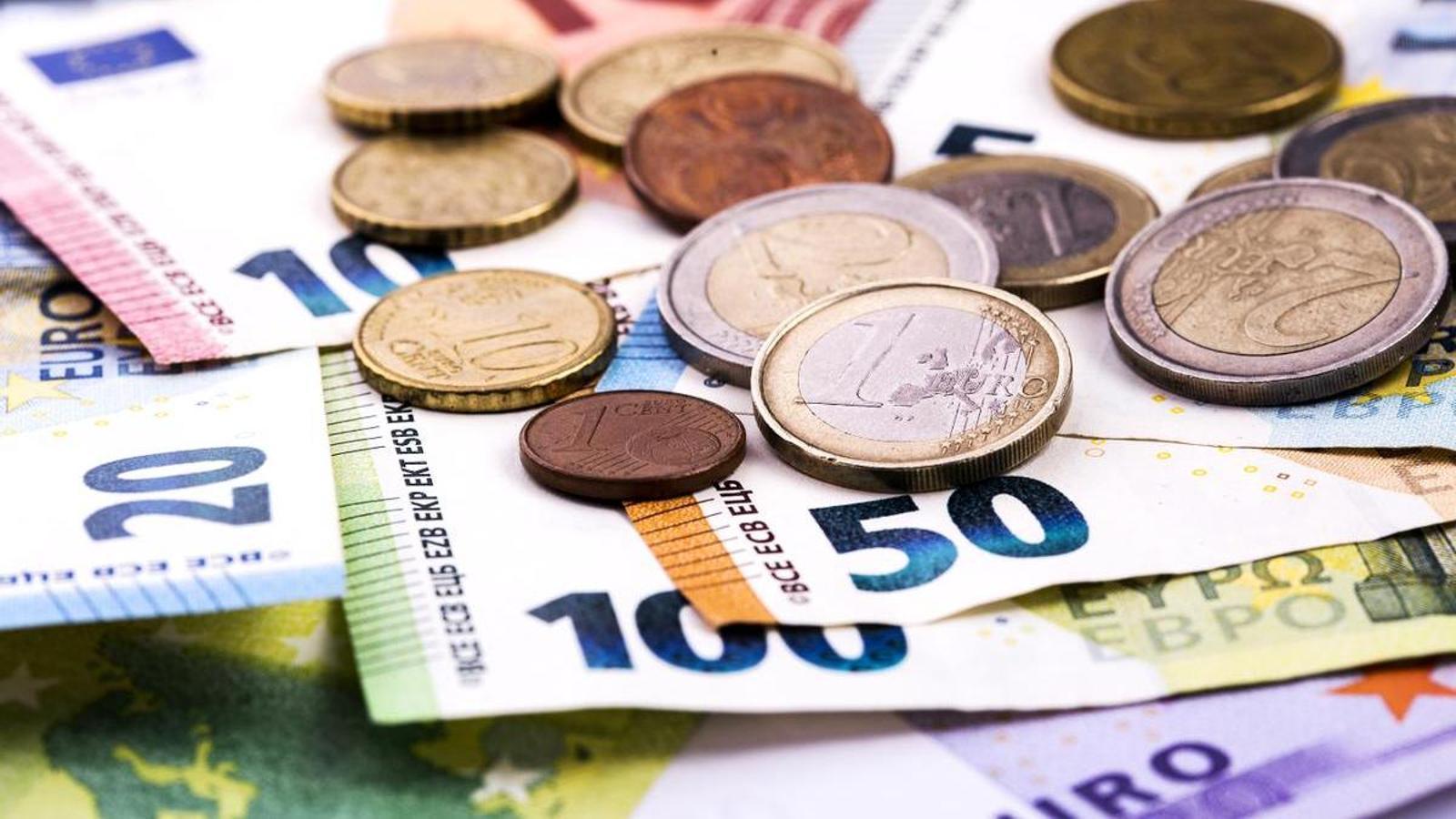Comparative and structural corruption


The ongoing corruption cases (Cerdán, Ábalos, and Koldo for the PSOE, Montoro for the PP) once again blur the communication tools of political parties: each organization tries to minimize its own corruption while making a fuss about maximizing that of its opponent, constantly consulting the oracle of corruption. We have reached the time of comparative analysis of corruption, which is equivalent to comparative studies in literature, thought, and art, but in a decadent version. From the outside, and without resorting to opinion polls, the contrast is evident between the heightened scope of corruption when it is carried out by genuine professionals (hundreds and even billions at stake, advanced teams of economists and large multinational companies implicated in the plot) and the influence of the mastermind when it comes to the shady dealings of a scene with seafood restaurants, prostitution, and hard drives that are free to choose. There is no doubt: when it comes to corruption, the right is always a few steps ahead. But not because of a question of moral superiority on the part of the left, as the right wing always complains, but because corrupting elites choose as their traveling companions those they know will be most useful to them. They choose experience, knowledge, and reliability, as in any business.
Spain, including the Catalan Countries, is a country with corruption structurally embedded in its power systems. Corruption here is, in and of itself, an instrument of power, a tool of command. In private, it's not usually as frowned upon as it is supposed to be in public, and many self-servingly confuse it with a compensation or distribution mechanism, a simple way of greasing the machines. Now, the Spanish far right often peddles the idea that democracy is corrupt, while Franco's regime—which they openly claim to be—would have been free of corruption. Naturally, this is exactly the opposite: Franco's regime was the last extended period of institutionalized corruption in Spain. There was no need for those in power to do anything to become corrupt, because the entire system was already corrupted, both transversally and vertically. Or from top to bottom.
Stopping the corrupt and corrupting inertia of Franco's regime in the drive toward democracy wasn't possible, and in many areas, it wasn't even attempted. On the contrary, efforts were made to use the administration and democratic institutions as new centers for backroom and backroom dealing, like Cerdán and company. Others decided to play the card to the fullest and to the bitter end, like Montoro, Rato, and a good portion of Aznar's and Rajoy's cabinets. Anti-politics and populism always benefit.

